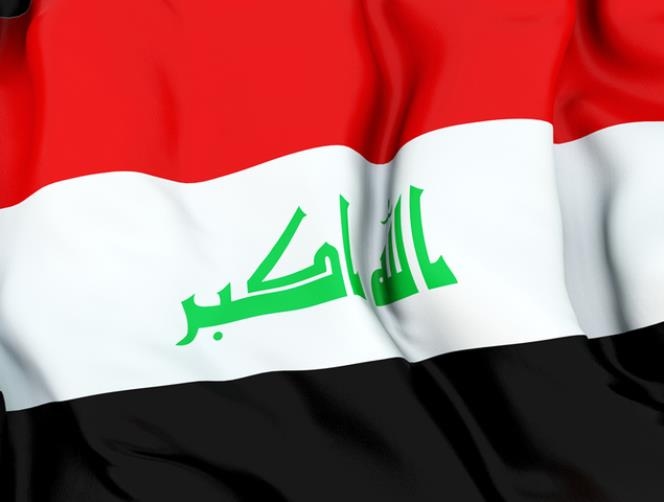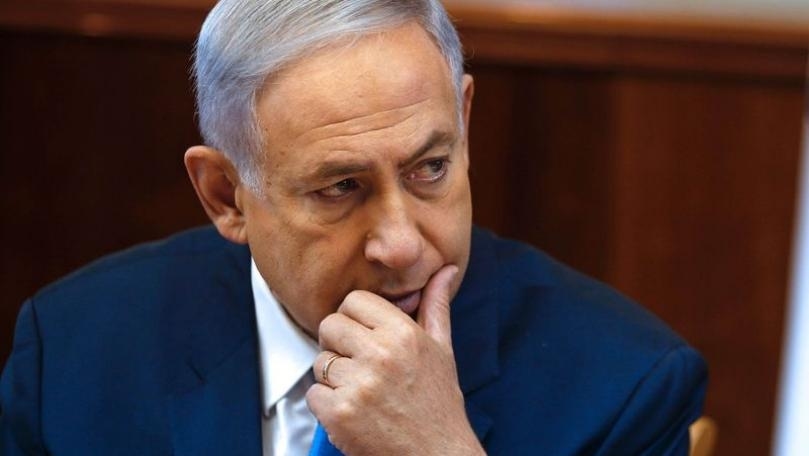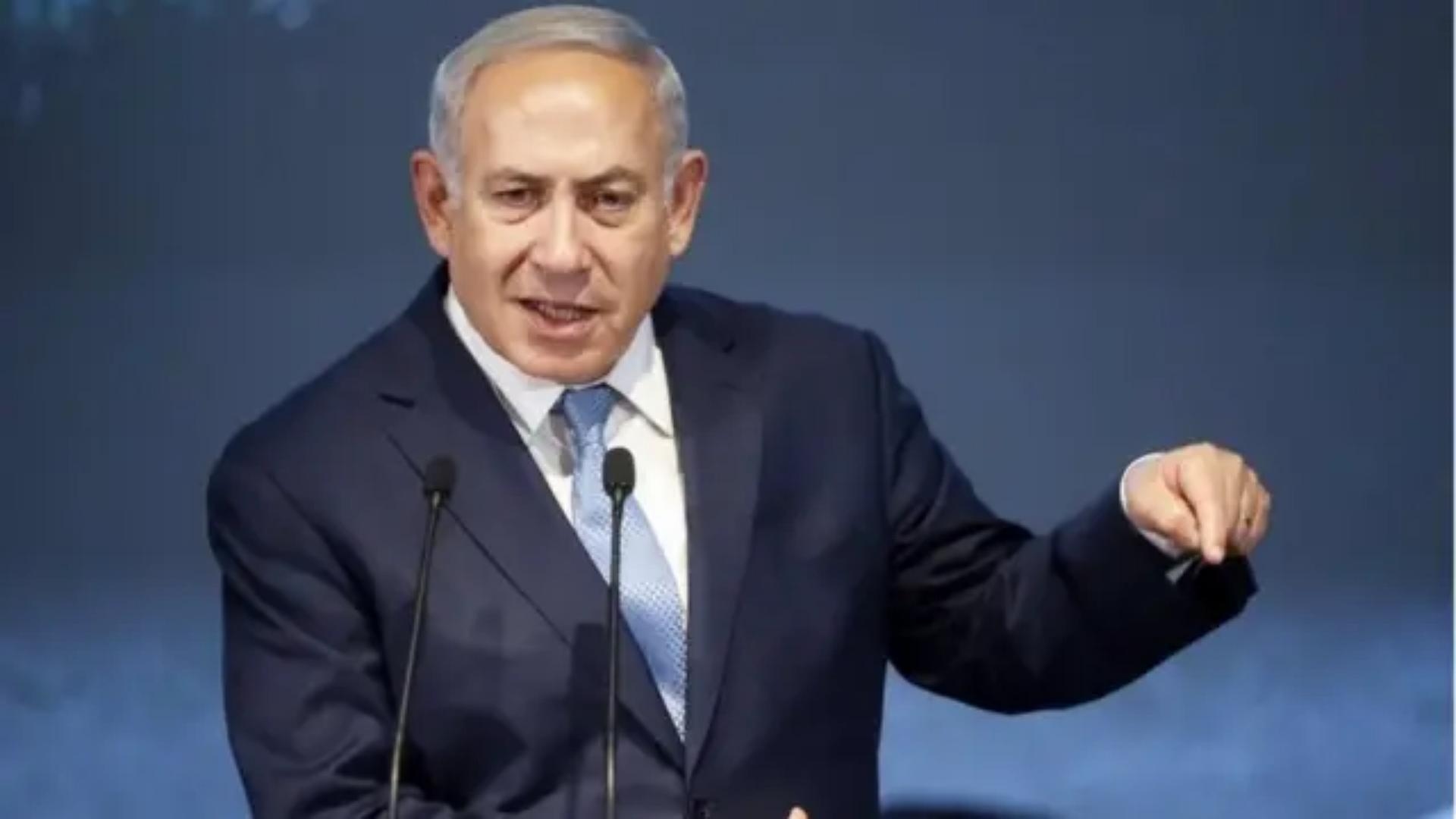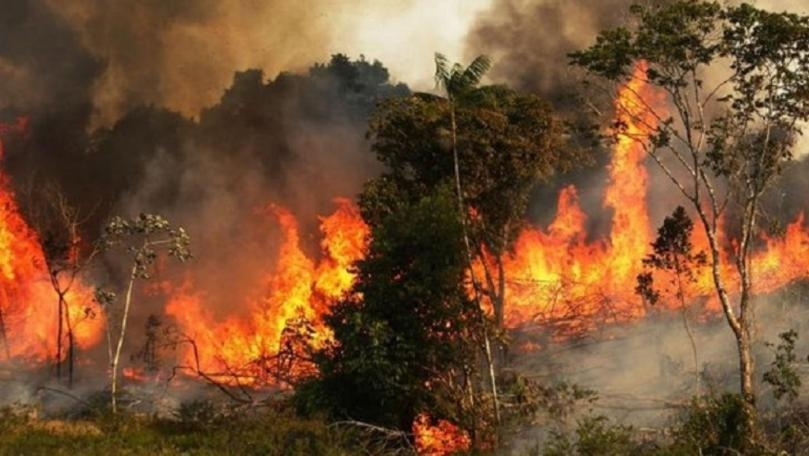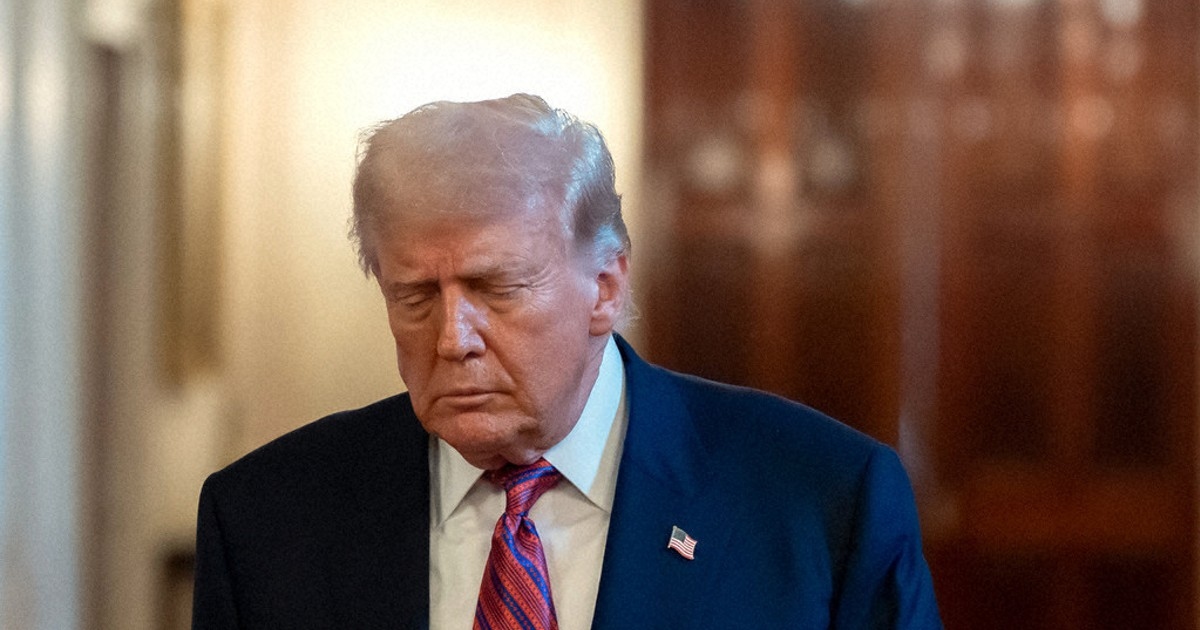Iraqi Kurdistan, whose President Massud Barzani aims to organize a referendum on a long-held Kurdish dream of independence, has been a de facto autonomous region since 1991.
Situated in the rugged, mountainous north of the country, the region of around 4.69 million people has long been at odds with the federal government in Baghdad.
The independence issue has been brought to the fore since Kurdish forces took control of the disputed oil-rich city of Kirkuk after federal government troops withdrew in the face of a Sunni militant offensive launched on June 9.
Comprising Arbil, Dohuk and Sulaimaniyah provinces and covering a combined 40,643 square kilometers (15,692 square miles) of mostly inhospitable terrain, Iraqi Kurdistan is bordered on the north by Turkey, to the west by Syria and on the east by Iran.
Its population is mainly made up of Kurds, who are mostly Sunni Muslims, alongside Christian and Turkmen minorities.
The territory has Kurdish and Arabic as official languages and the Iraqi dinar for its currency.
Since 2005, when Iraqi Kurdistan became formally autonomous under the constitution which set up a federal republic, the region has been presided by Barzani, leader of the Kurdistan Democratic Party (KDP).
Barzani's traditional rival, Patriotic Union of Kurdistan (PUK) leader Jalal Talabani became president of Iraq.
The League of Nations for a while considered the idea of an independent Kurdish state, but in 1926 it opted instead to attach the region around the city of Mosul to the British protectorate of Iraq.
Iraqi Kurdistan gained de facto autonomy after the 1991 Gulf War over Kuwait when Western powers intervened to protect Kurds against an onslaught by the forces of Iraqi dictator Saddam Hussein that led hundreds of thousands to flee to neighboring countries.
The United States and its allies set up a no-fly zone.
Elections in 1992 established the regional parliament, with seats split between the KDP and the PUK.
Disputes between the two parties led to armed clashes in 1994, causing about 3,000 deaths. Talabani and Barzani signed a "peace agreement" with Washington in 1998.
Kurds then joined U.S. troops in 2003 to help overthrow Saddam.
Situated in the rugged, mountainous north of the country, the region of around 4.69 million people has long been at odds with the federal government in Baghdad.
The independence issue has been brought to the fore since Kurdish forces took control of the disputed oil-rich city of Kirkuk after federal government troops withdrew in the face of a Sunni militant offensive launched on June 9.
Comprising Arbil, Dohuk and Sulaimaniyah provinces and covering a combined 40,643 square kilometers (15,692 square miles) of mostly inhospitable terrain, Iraqi Kurdistan is bordered on the north by Turkey, to the west by Syria and on the east by Iran.
Its population is mainly made up of Kurds, who are mostly Sunni Muslims, alongside Christian and Turkmen minorities.
The territory has Kurdish and Arabic as official languages and the Iraqi dinar for its currency.
Since 2005, when Iraqi Kurdistan became formally autonomous under the constitution which set up a federal republic, the region has been presided by Barzani, leader of the Kurdistan Democratic Party (KDP).
Barzani's traditional rival, Patriotic Union of Kurdistan (PUK) leader Jalal Talabani became president of Iraq.
The League of Nations for a while considered the idea of an independent Kurdish state, but in 1926 it opted instead to attach the region around the city of Mosul to the British protectorate of Iraq.
Iraqi Kurdistan gained de facto autonomy after the 1991 Gulf War over Kuwait when Western powers intervened to protect Kurds against an onslaught by the forces of Iraqi dictator Saddam Hussein that led hundreds of thousands to flee to neighboring countries.
The United States and its allies set up a no-fly zone.
Elections in 1992 established the regional parliament, with seats split between the KDP and the PUK.
Disputes between the two parties led to armed clashes in 1994, causing about 3,000 deaths. Talabani and Barzani signed a "peace agreement" with Washington in 1998.
Kurds then joined U.S. troops in 2003 to help overthrow Saddam.



